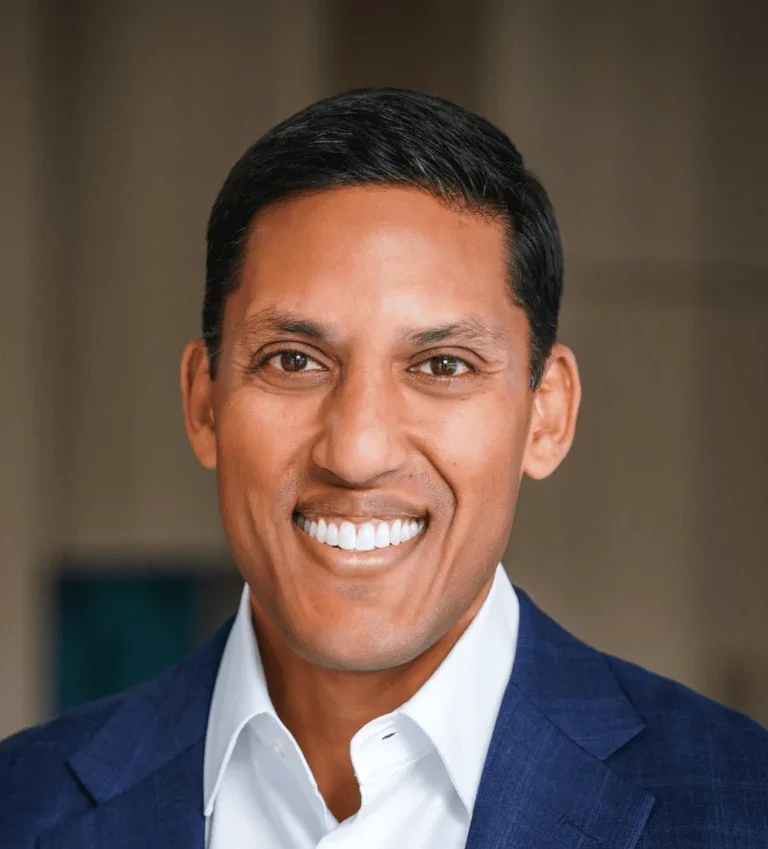As delivered on Sunday, September 21, 2025, in New York, NY.
This is the beginning of the General Assembly Climate Week, and I’m thrilled to be with you at this important event. I want to thank, in particular, Damilola Ogunbiyi and Anna Bjerde, who are both here helping to lead this effort. You’ll hear from them in a moment on the first panel.
But I want to start by just taking us back out of New York and to Dar es Salaam back in January. It does feel like a long time ago, and that a lot has happened since then. But in Dar es Salaam in January, I had the chance, with you, to join 27 African heads of state as they came together and set their own aspiration for how to use a major push towards electrification to create jobs, opportunity, agricultural productivity, improved health and improved education throughout their continent.
They said that 600 million people on the continent did not have access to productive affordable always-on power. And they committed to using their resources, their ingenuity, and their business acumen to help usher in investment opportunities that would yield the connections for 300 million additional people.
That day in Dar, I think we all witnessed a new model of development: locally led, focused on private business investment, and determined to remove the regulatory barriers that have for too long precluded access to energy and electrification on — especially for young people — the world’s most important continent.
African countries are leading the way in this effort as of today. At the end of this week, I believe we will all experience the reality that 32 nations will have signed energy compacts that detail the regulatory changes, the policy responses, the electrification planning work, and ultimately more than $50 billion in concessional financing commitments that will be required to achieve what those African leaders called Mission 300.
By 2050, one of every three people who are young on this planet will be African. They will either have jobs and a productive use of their life and their opportunity, or they will not. And whether they do or whether they don’t will determine whether our globe and our global population prospers together peacefully.
So I’m excited that Mission 300 is already delivering results. The rate of new connections supported by the World Bank, the African Development Bank, those 27 nations that showed up in Dar and all of you, has been increased this year by 50% over the past year. That’s an extraordinary achievement, and we see the results of it every day.
My team just returned from Zambia, where they met a young man who was in the city looking for work. But thanks to a Mission 300 project that put online a mini grid in his rural village, he was able to go back home, work in agricultural processing, have a job, have opportunity, earn income and create employment for others in his community without being underemployed or unemployed in the capital city. That’s what success can look like if we work together and work much faster to achieve the Mission 300 goals by 2030.
Let me close by just reminding all of us that that young man in Zambia and his story represents what’s at stake here. It represents the dignity that comes with a job and that comes with work. It represents the dignity that comes with economic development that reaches everybody and not just the privileged few. And it comes with the reality that if we don’t today accelerate our investment in Africa and in the energy sector in particular, our planet in the future will be less stable, less prosperous and less hopeful.
So what you’ve gathered here to do over these next two days is extraordinary. The Rockefeller Foundation stands with you in its entirety, and we congratulate you on your absolute focus on making Mission 300, and the larger effort to have a business transformation and job creation effort for this continent, absolutely, extraordinarily successful. Thank you.
